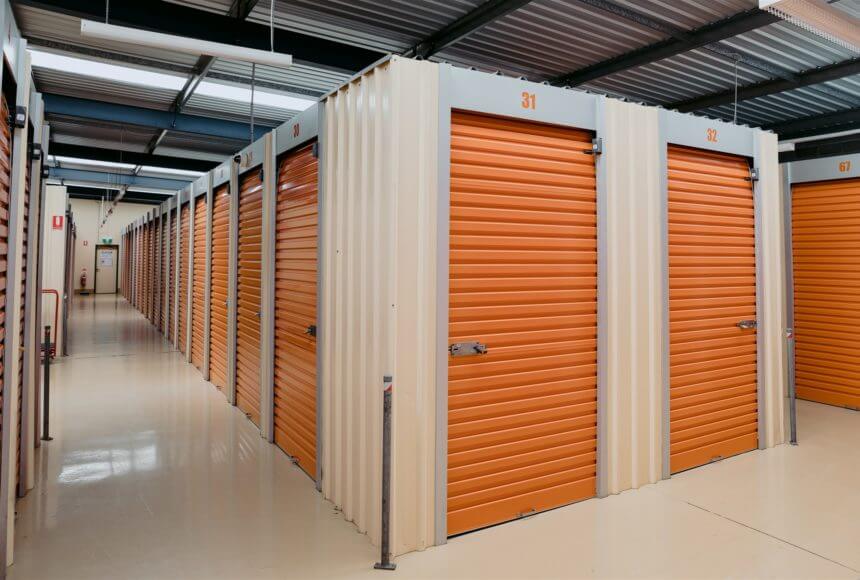Many people find it easier to buy, lease or rent a storage unit to store some items. Fortunately, this works for people who are mostly on the move and have no place of their own. Sometimes a bigger storage unit is required to store a vehicle, boat, or airplane. Storage units, however, have been associated with crime as some hide physical evidence in those units. There are important considerations to make before leaving one’s things somewhere. An RV and boat storage and an RV and trailer storage are examples of big storage units.
However, some facilities may require you to get insurance if the stored things are of high value. Moreover, insurance policies protect against theft and damage such as fires. Environmental factors are a vital consideration to make. One needs to determine if the items being stored will survive all weather conditions. Other considerations include:
- Costs- different units will vary from one location to another. It’s essential to get the best deal and the quality guaranteed.
- Types and sizes of storage units are different, and one needs to ask all the necessary questions before deciding on the best unit to pick.
- Accessibility- the storage unit should have enough space; this means that a good inventory of all the items to be stored is properly taken to avoid congestion.
- Added features– some storage units offer extra services such as servicing and maintenance. The services can be part of the package or at a fee.
- Time- one will need to consider if the period of storage is longer or shorter. If shorter, month-to-month contracts are advisable, and if longer, yearly contracts are better to save on cost.
Nonetheless, certain items are not stored in a storage unit.
- Food attracts pests that can do lots of damage to clothes and bedding.
- Scented items are also harmful as they can attract pests. They include perfumes, candles, incense, and cosmetics.
- Some items are illegal to store, and one should read the policies associated with storage units. Flammable items, weapons, and explosives are highly restricted.
- Living things are also restricted, including plants that may die due to inadequate sunlight and attract pests.
- Hazardous wasteis unsafe and illegal to store in facilities as they react to harsh conditions.
A storage unit can be a tiresome experience. It’s advisable to try and declutter and condense the items as much as possible. Also, labeling boxes with items will help with identification. One may add some shelves in the unit to give more room to access all the items. Taking an inventory of your items is important; similarly, avoid moving during rainy days. Damp items, when stored, easily grow mold and may attract vermin. Some of the storage costs are not necessary. If the items being stored are not in use in the future, it is better to donate or sell them. Insurance, safety, location, and size are the most important factors to consider. The purpose of the storage space should be the reason for committing to a storage unit.

